Apply for this course
Please select when you would like to start:
Use the apply button to begin your application.
If you require a Student visa and wish to study a postgraduate course on a part-time basis, please read our how to apply information for international students to ensure you have all the details you need about the application process.
Why study this course?
Are you looking to pursue postgraduate studies in robotics and AI? This master’s course will put you well on your way to a career in robotics, artificial intelligence and machine learning. Structured to give you a thorough coverage of the key hardware-software components that underpin the design and implementation of modern engineering systems, this MSc is an ideal choice if you want to learn about the growing area of robotics and intelligent systems.
This degree programme at London Met is designed to enhance your career prospects through a module structure that balances theory and practice. It's suitable if you're a recent graduate from a connected discipline, or if you're an experienced professional from a background such as electronics, mechatronics, computer science and computer networking.
Boost your career prospects
This course is designed to enhance your career prospects through a module structure that balances theory and practice
Take your career to the next level
This course is suitable if you're a recent graduate from a connected discipline, or if you're an experienced professional from a background such as electronics, mechatronics, computer science and computer networking
Make use of our cutting-edge resources
Our tutorials, workshops and practical sessions in IT studios and specialised laboratories will enable you to work with professional software tools, development kits and engineering equipment
Course modules
The modules listed below are for the academic year 2024/25 and represent the course modules at this time. Modules and module details (including, but not limited to, location and time) are subject to change over time.
Year modules
Artificial Intelligence
This module currently runs:autumn semester - Monday morning
(core, 20 credits)
This module introduces the essential principles, methods and techniques in AI. It covers a broad range of topics such as search, planning, logic, knowledge representation and inference. It discusses examples of intelligent systems and studies how to develop intelligent applications such as expert systems, natural language systems, and autonomous mobile and robotic systems. Students will be offered lectures, which introduces the important concepts, explain the principles and techniques, and demonstrate how to apply them to solve problems in the related topics. The workshops will provide practical sessions to help students understand the content of the lectures and build the necessary skills to develop intelligent systems.
Read full detailsComputer Vision
(core, 20 credits)The module is designed to impart essential mathematical principles and concepts of computer vision alongside its practical applications. The module encompasses core topics in image formation and low-level image processing; mid-level scene representation; model-based description and tracking. Appropriate hardware/software tools will be integrated into the module to enable students to apply and test computer vision algorithms on real world data sets.
The objectives of this module are to:
• enable students to gain understanding of essential concepts of computer vision algorithms and systems
• develop students' expertise in analysing, designing, and testing vision algorithms and systems
• train students in using appropriate hardware/software tools for solving common computer vision problems
• prepare students with postgraduate level research and report writing skills
MSc Project
This module currently runs:spring semester - Wednesday afternoon
autumn semester - Wednesday afternoon
summer studies - Wednesday afternoon
(core, 60 credits)
The module provides students with the experience of planning and bringing to fruition a major piece of individual work. Also, the module aims to encourage and reward individual inventiveness and application of effort through working on research or company/local government projects. The project is an exercise that may take a variety of forms depending on the nature of the project and the subject area. Particular students will be encouraged to carry out their projects for local companies or government departments.
The objectives of the module are:
• To develop the ability to produce detailed specification relevant to the problem of investigation.
• To manage the project by confining the problem within the constraints of time and available resources.
• To effectively research the background material on the topic using a variety of sources and to develop ability to conduct critical analysis and draw conclusions.
• To apply and/or extend the knowledge acquired in the taught core modules to a new area of application or investigation.
• To use relevant tools and techniques for designing, testing, analysing, and critical evaluation.
• To demonstrate the originality in the application of new knowledge and skills.
• To effectively communicate the work to others by verbal and documentation media.
• To raise awareness in potential business development opportunities in an area pertinent to the topic.
Robotic Systems
This module currently runs:autumn semester - Monday afternoon
(core, 20 credits)
The aim of the module is to provide the theoretical and practical aspects, and the fundamental principles and methods that are used to model, design, and control a robotic system.
The objectives of the module are:
• To introduce the terminology and history of robotics and discuss various classification of robots according to their design and applications
• To introduce the mathematical and practical foundations of robotics
• To study the structural behaviour of robot manipulators and mobile robots
• To present the foundations of modelling and control of robot manipulators
• To develop forward and inverse kinematics to describe objects, locations, orientation and movements
• To apply a hands-on approach using appropriate hardware and industry’s software (MATLAB and/or ROS: Robot Operating Systems) to develop relevant algorithms for path planning, trajectory and control for robot manipulators.
• To explain the social, economic, environmental and ethical issues relevant to robotics including current laws and regulations
Sensors, Actuators and Control
(core, 20 credits)Sensors, actuators and control systems constitute the primary interrelated building blocks of any mechatronic system. The actuator, under the command of the control system, generates useful physical movement within constituent mechatronic mechanism. To generate the appropriate control command, the control algorithm continuously monitors the real-world (including various states of the mechatronic mechanism) as perceived by the sensor system.
The aim of the module is to cover the theories and practices of these three building blocks and associated techniques with special reference to robotic systems. The target audience group for the module includes graduates from diverse STEM background aiming for a career in robotics, mechatronics, and automation. More specifically, the module objectives are:
• Develop an understanding of working principles and operations of a wide variety of transducers and actuators, and technical details and practical applications.
• Provide practical experience with sensor and actuator systems.
• Development a theoretical background to classical control systems and its application to real systems, with special reference to robotic systems.
• Overall, develop a deep level understanding of the primary building blocks of a practical mechatronic system.
Discrete Mathematical Structures
This module currently runs:autumn semester - Tuesday morning
(option, 20 credits)
This module, together with MA7010, Number Theory for Cryptography provides the essential grounding needed to complement the algorithms and techniques encountered in spring semester modules in cryptography and information security. It aims to demonstrate the theoretical underpinning that delivers security, particularly of asymmetric public key algorithms while also allowing students to appreciate the limitations and potential vulnerabilities of systems encountered elsewhere in their course. It is designed to complement, in particular, MA7011 -Applications in Cryptography and Cryptanalysis and can be taken either before or after this module depending on a student’s start point without disadvantaging them.
Techniques in discrete mathematics that have application in cryptography will be explored in a thorough way with emphasis on getting students to a level where the mathematics of cryptography and the language used is accessible to them irrespective of their background and prior study.
Beginning with a brief review of topics normally encountered in undergraduate mathematics and computer science courses, new topics will then be introduced ab initio with an emphasis on supported learning via problem classes, worked examples and formative assessment.
Read full detailsInformation Security
This module currently runs:spring semester - Thursday morning
(option, 20 credits)
The module is concerned with the study and application of tools and techniques that enable the protection of information and other resources of enterprise information systems. Increases in storage, manipulation, and transfer of data across computer networks requires effective encryption techniques. This module will provide insight into some of those techniques, algorithms and their development through history. Part of the course is dedicated to the mathematics (number theory, finite fields and elliptic curves) relevant to cryptography with techniques developed using software such as Maple. The focus will also be on the analysis, design and implementation of tools and techniques that achieve the three goals of confidentiality, integrity and authenticity in security computing. Particular focus will be on the management framework that facilitate the accomplishment of the above three goals. Importantly the module will address the ethical framework of information security, the issues around privacy and data protection and the rights of private citizens to access strong encryption. Throughout the module connections with other aspects of artificial intelligence and cybersecurity will be emphasised through the examples and case studies chosen.
Read full detailsMachine Learning
This module currently runs:autumn semester - Wednesday morning
(option, 20 credits)
This module provides a comprehensive overview on the use of data and algorithms to imitate how human learn as a branch of Artificial Intelligence (AI). It also provides practical skills using a programming language such as python for working with various tools to build machine learning solutions. The knowledge and skills obtained can be used in many tasks where extracting knowledge and gaining insight from data is of crucial importance for the competitiveness and the effectiveness of the businesses – customer profiling, product recommendations, market trends analysis, cybersecurity, investment monitoring, stock price prediction, etc. Some basic programming skills using languages such as Python or other relevant languages is required.
Read full detailsOperations and Technology Management
This module currently runs:autumn semester - Tuesday morning
autumn semester - Tuesday afternoon
autumn semester - Wednesday morning
autumn semester - Wednesday afternoon
autumn semester - Thursday morning
autumn semester - Thursday afternoon
(option, 20 credits)
Operations and Technology Management is core to two MSc Pathways, MSC International Business Management and MSC International Business Management with Project Management.
A business adds value through its operations, but only in combination with others in the value network or eco-system, critically linked by the use of technology. Matching internal operations capabilities to changing market (and regulatory) requirements, whilst responding to a tidal wave of data from suppliers, customers and digital platforms involves operations in strategy, design, planning and control, supply chain, improvement techniques like lean but also the technology to connect and join up the dots to capture value.
The module aims to equip students with a broad understanding of operations and technology management that will make them stand out from their peers through being able to grasp how value is being created. The potential for AI and robotics to further increase the use of technology in the operational domain is already clear, whether using AI in legal processes or in robots that flip burgers, an understanding of the links between technology and operations is critical for anyone aspiring to be a business manager, owner or entrepreneur. Analysis is the core of the module, for example through process mapping, and problem solving using both case studies and other active learning exercises.
On successful completion of this module:
- You will understand the basis of the value Operations and Technology Management creates in any organization in any sector
- You will be able to recognize the key concepts and principles of operations and technology management that need to be implemented to support that value creation approach.
- You will be able to critically assess various techniques of product, service design and improvement, deploying a contingent approach to what works best and where
- You will be able to apply appropriate Supply Chain Management techniques in the light of your new knowledge of the scope (and management of) of inter-organisational co-operation
- You will be able to evaluate the necessary trade-offs that have to be made between operations management performance objectives and achievable performance
Statistical Modelling and Forecasting
This module currently runs:summer studies - Monday afternoon
summer studies - Tuesday morning
spring semester - Wednesday afternoon
(option, 20 credits)
This module will introduce students to modern statistical modelling techniques and how those techniques can be used for prediction and forecasting. Throughout the statistical environment and software R will be used in conjunction with relevant statistical libraries.
The module will, introduce modern regression techniques (including smoothing), discuss different model selection techniques (including the classical statistical hypothesis) and how those techniques can be used for prediction purpose.
Prior learning: Statistical knowledge desirable.
The module aims to:
1. Equip graduate students with modern statistical techniques
2. Provide students with some selected advanced statistics topics including forecasting
3. Prepare students to be able to read and understand professional articles
4. Prepare students to carry on their own research and use modern statistical techniques as one of the tools for their research.
Work Related Learning
This module currently runs:autumn semester - Wednesday afternoon
spring semester - Wednesday afternoon
(option, 20 credits)
The module enables students to undertake an appropriate short period of professional activity, related to their course at level 7, with a business or community organisation and to gain credit for their achievements. The activity can be a volunteering activity, employment activity, or an activity within the University or its entrepreneurship facility, Accelerator.
It is expected that students should work for 200 hours which should be recorded clearly (in a learning log for instance) in the portfolio. The 200 hours can be completed in a FT mode, or spread over a semester in a PT mode.
Students should register with the module leader to be briefed on the module, undergo induction and work related learning planning and to have the work related learning agreement approved, before they take up the opportunity. It is essential that students are made aware that both the “work related learning agreement” and relevant “health and safety checklist” where applicable need to be approved before starting the placement.
It is the student's responsibility to apply for opportunities and to engage with the University to assist them in finding a suitable placement.
The suitability of any opportunities will be assessed by the Module Team and all roles must meet the Health and Safety requirements for Higher Education Work Placements.
Those studying on a Student Visa will be required to submit weekly timesheets for the hours undertaken for the work based learning activity to meet requirements. These will need to be signed by their line manager/supervisor.
The module aims to provide students with the opportunity to:
- Gain a useful experience of the working environment and the career opportunities available on graduation.
- Undertake a work related project appropriate to their academic level.
- Enhance and extend their learning experience by applying and building on their academic skills and abilities by tackling real life problems in the workplace.
- Enhance professional and personal development.


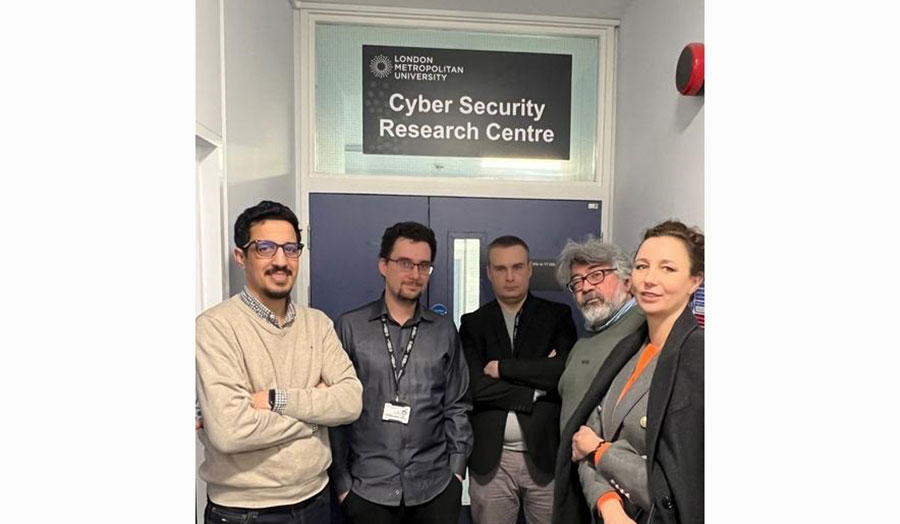

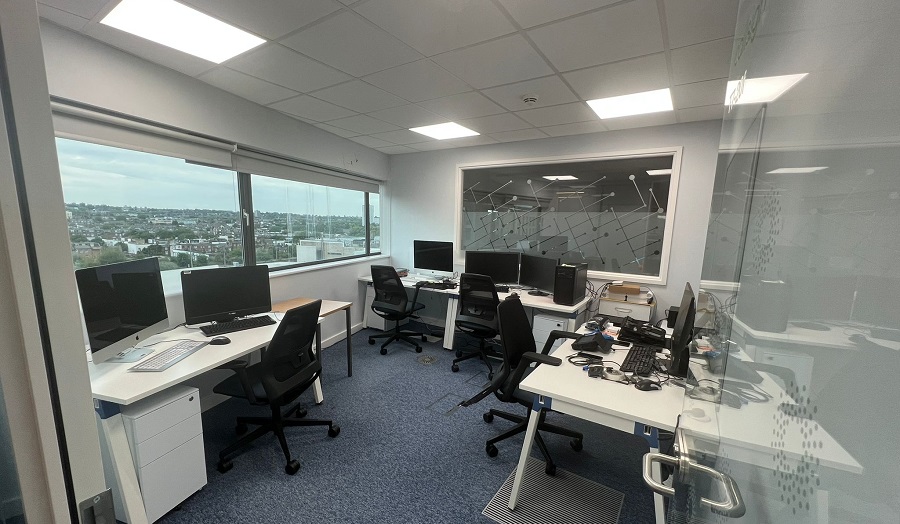
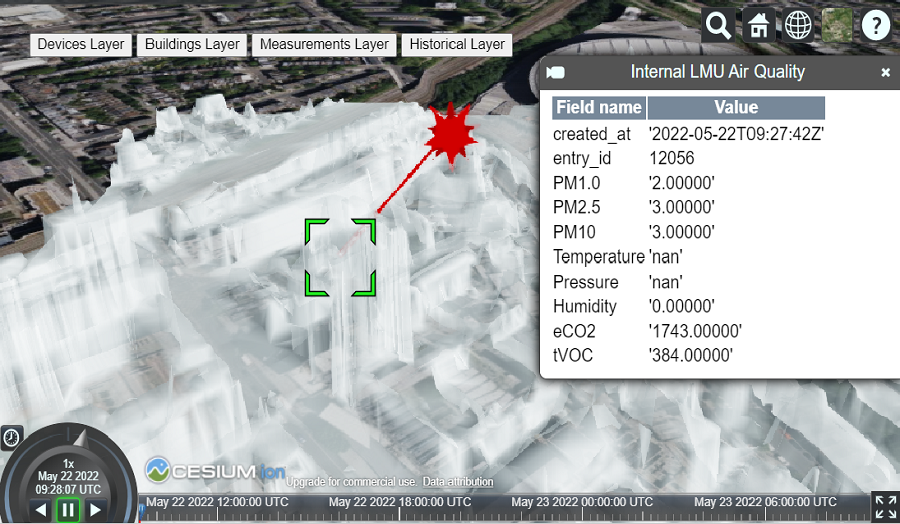


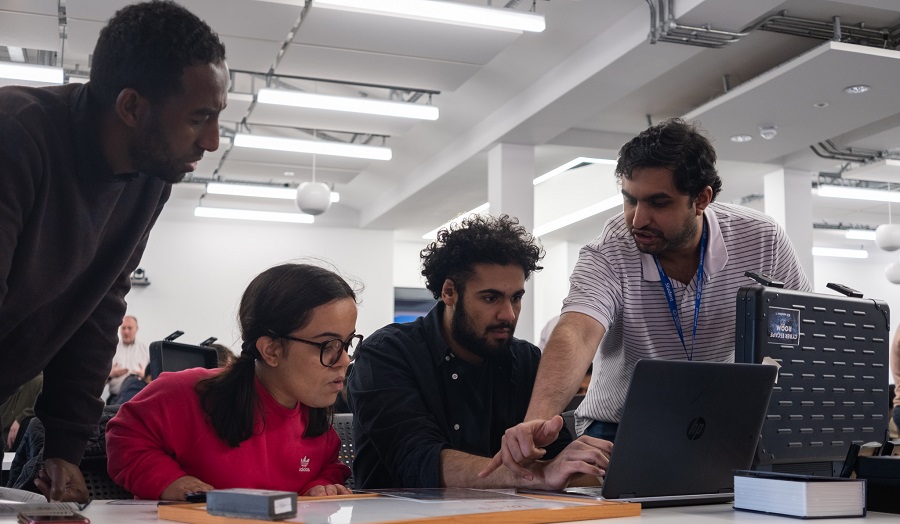



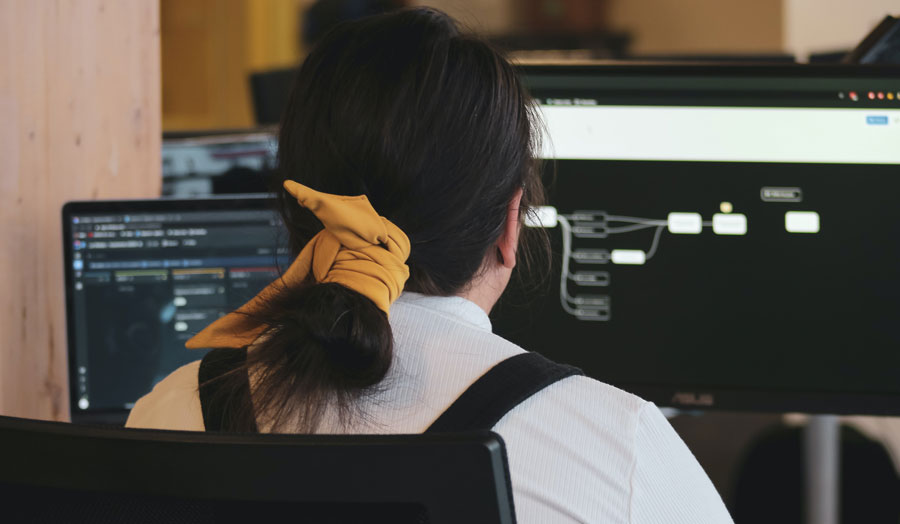









.jpg)
.jpg)
.jpg)